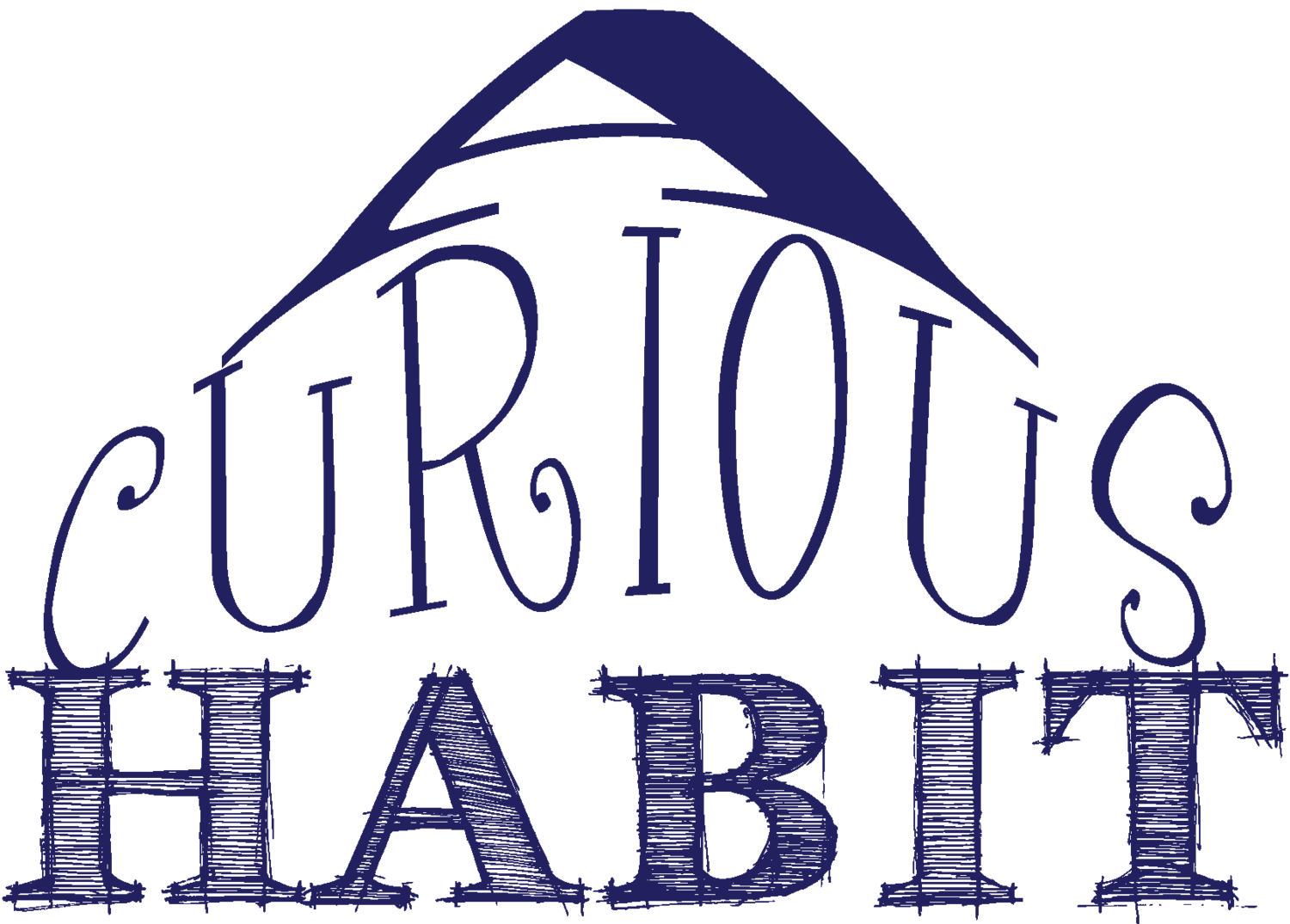Rooted in Horticulture
I grew up in the 1970’s and 80’s, the daughter of a Horticulturist – capital H. In those days, people weren’t as savvy about terms like “horticulture” as they are today (thank you, Internet). My dad, in fact, is a PhD, a doctor, of Horticulture, with a specialty in Sweet Potatoes. That’s right. He’s a sweet potato doctor. It wasn’t until his retirement party that I realized the full extent of my dad’s education and expertise. One of the speakers at that event referred to Dad as an “exceptional scientist.” What? Scientist? You betcha.
The Science
We throw the term around today, but horticulture is a legitimate and vast scientific field of study. A quick Google search of horticulture turns up roots in botany, soil science, entomology, and plant pathology. Certainly, Dad is fluent in all of these and more. Forty-plus years diagnosing crop issues will provide some serious on-the-job-training.
Aside from his main job with the Agriculture Extension Service at Louisiana State University, my dad was the resident director of a Louisiana-based sweet potato research station. There, he developed a disease- and pest- resistant variety of sweet potato. Survival of the fittest kind of stuff. That’s science at its finest to me. Developing that sweet potato (Beauregard) was intentional; in fact it was the ultimate goal, but I think Dad would tell you there were byproducts - happy accidents – during its development that have nothing to do with science. It has more to do with the community - the culture - in which Beauregard was cultivated. While cultivating sweet potatoes, Dad cultivated a lovely and meaningful life.
The Art
For Dad, and those of us who belong to the horticultural community, it is deeper than science. It is a culture of dirty fingernails and fertilizer and long days and camaraderie. Of belly laughs, friendships, tractors, and in Dad’s case, stray dogs (RIP, Poochie, Little Poochie, and Big-Un, Dad's accidental fur family at the research station). It’s a culture of rain and drought. Weather apps. Compost. Trial and error. Problem solving. And the harvest, the sweetest of all rewards.
Horticulture is art. For what is a garden, if not a portrait, painted with shovels and sweat and vision? Dad is a scientist; I am an artist. We approach gardening differently, but, we agree that a garden takes many forms, and they are all lovely. For example, a field of sweet potatoes is as appealing to us as a backyard landscape, for in the perfect rows of dirt and green is reflected the commitment, hard work, care, and outright love that goes into every garden.
Certainly, there is science involved. First, even. Horticulture is a right-brain endeavor. The end product - the magnificent beauty - of horticulture, however, can only be truly appreciated as a work of art. Science makes it possible, but beauty makes it worth it, says the left-brain.
The Purpose
Gardeners, they say, are happier and healthier than the general population, due in large part to the very basic rewards of physical activity, but also the reward of follow-through, and tangible results. I believe that the very qualities that attract us to horticulture speak to who we are at our core: steadfast, committed, faithful, rooted. My dad, the scientist, the gardener, the Horticulturist-with-a-capital-H, is the embodiment of these traits. I am honored to accept the torch from him, and to keep our family rooted in horticulture.






